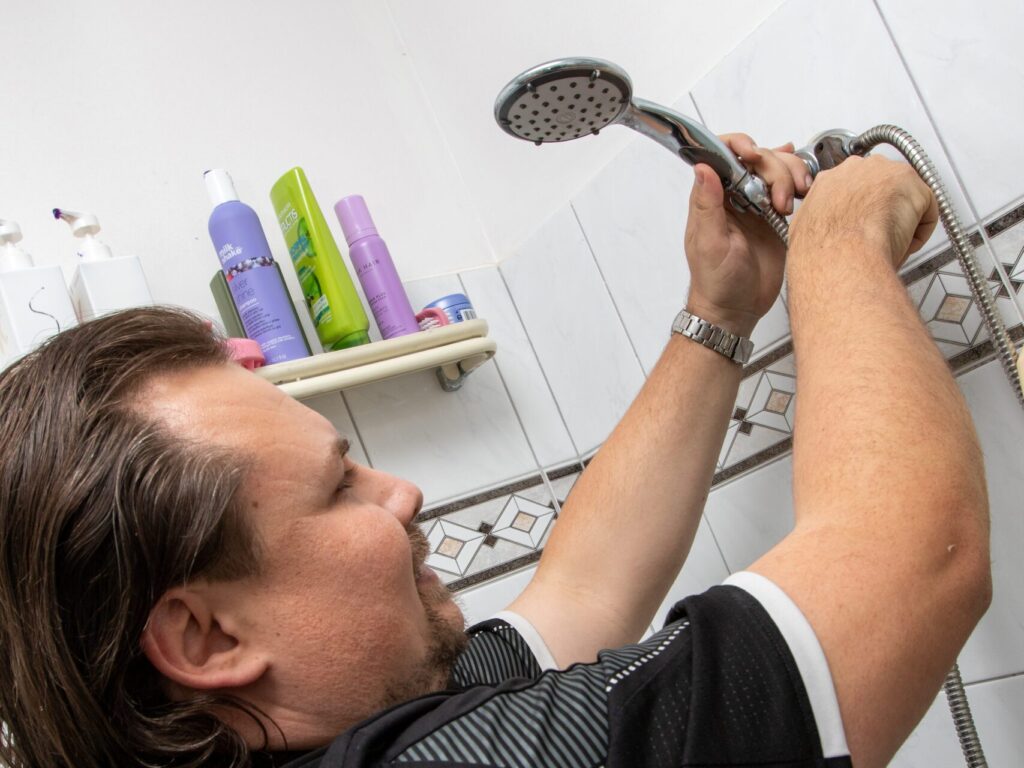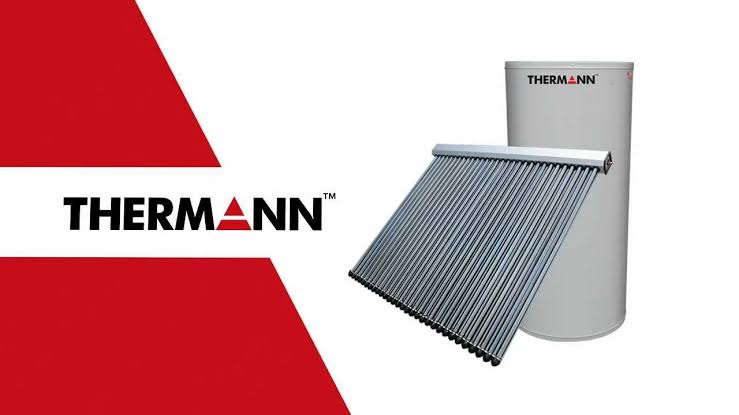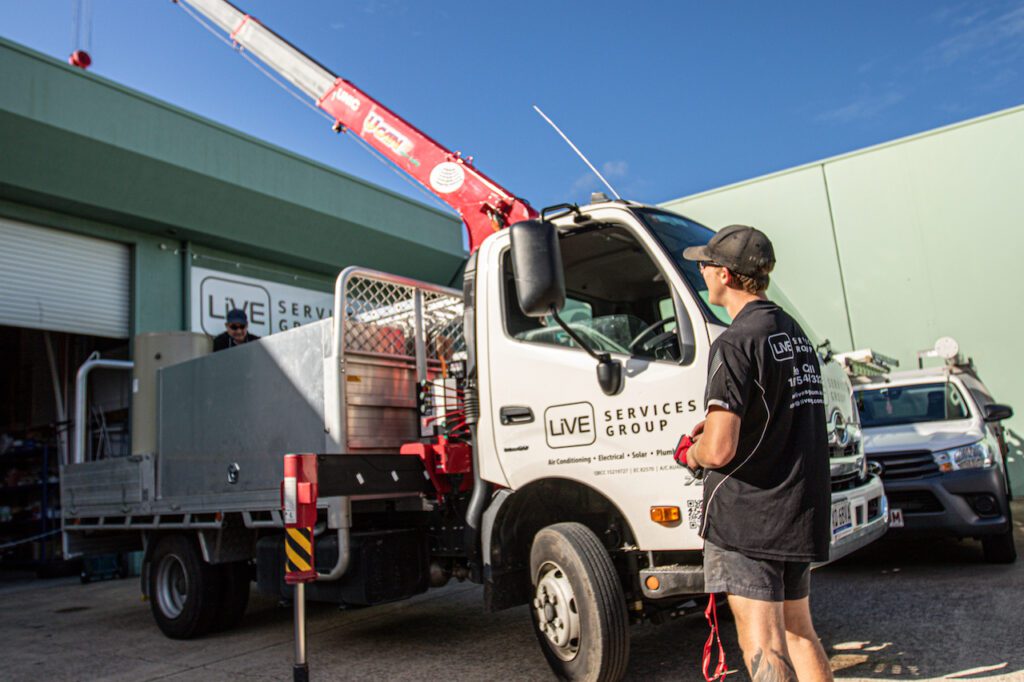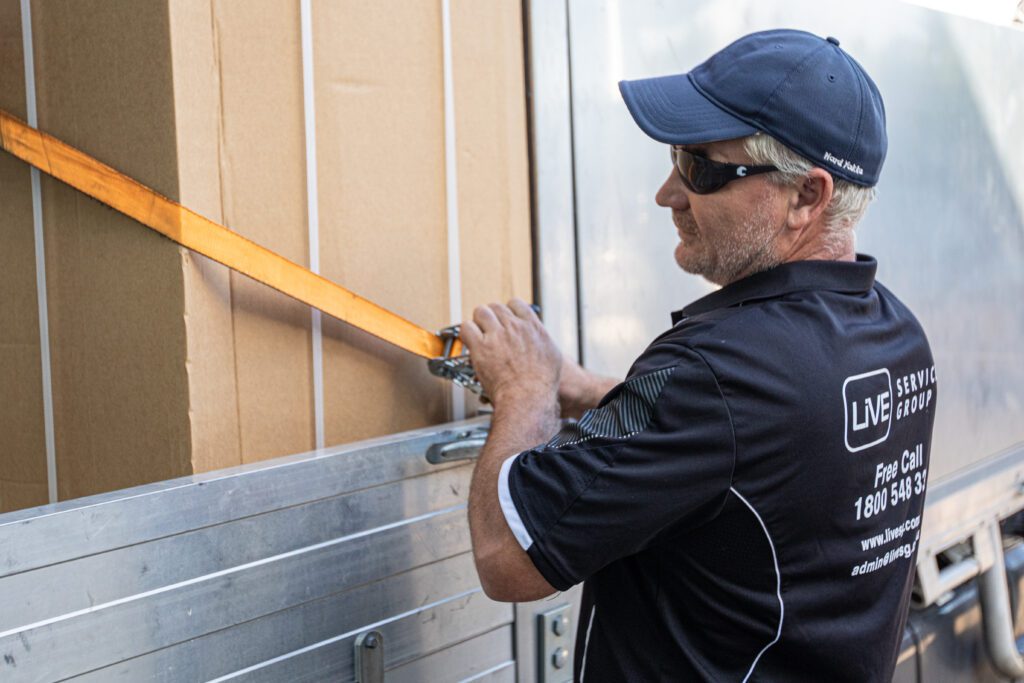Hot water running out quickly is a common issue for many households. This phenomenon can be attributed to various factors, ranging from faulty parts in the plumbing system to an undersized hot water heater.
In this article, we will discuss possible causes of hot water running out quickly, as well as provide insight into how they may be rectified by means of plumbing engineering solutions. We aim to highlight all issues that could potentially lead to hot water running out quickly and offer suggestions on how best to address them.
The ultimate goal is liberation from inadequate amounts of hot water supply.

1. Your Water Heater Tank Size
When it comes to why your hot water is running out quickly, the size of your water heater tank plays an important role.
A properly sized and rated tank will ensure that you have enough hot water supply for all of your needs. It’s essential to understand how much boiling water each appliance uses in order to accurately determine what size tank you need.
An average shower requires 80 litres per hour while a dishwasher may use 6-7 litres per hour. If your peak rating on the tank is too low, such as 30 litres per hour, then even with two showers and a load of dishes, there won’t be enough hot water available to meet the demand.
On the other hand, if the peak rating is higher than necessary, like 150 liters per hour, then money could potentially be wasted on energy costs since more heat will be needed to keep up with this rate.
To avoid these issues from arising, it’s best practice to make sure your tank size is adequate for the job before investing in a new one.
The next section looks into possible sediment buildup which can also contribute to decreased efficiency.
2. Possible Sediment Buildup
Maintaining your hot water heater is essential to ensure that it runs properly and provides sufficient hot water when needed.
A common cause of running out of warm water quickly is sediment buildup in the tank. This occurs over time due to hard water, where minerals accumulate in the tank causing a reduction of space for the water. In extreme cases, this can result in cold water coming from the bottom of a traditional tank-style unit or reduced flow rate from a tankless hot water heater.
If you find yourself running out of warm water faster than usual, then sediment buildup could be one possible reason why. Regular maintenance and flushing will help reduce mineral deposits which improve efficiency and provide more consistent heating capacity.
Additionally, having an expert inspect your system regularly will identify any issues before they become major problems that require extensive repairs or replacement to something like a Thermann Hot Water System or Dux. The age of your water heater also plays a role in how much hot water remains available per cycle; older units are less able to retain heat as efficiently as their newer counterparts and may need to be replaced sooner rather than later if significant amounts of hot water are being lost during use.

3. Old Water Heater
When it comes to old hot water heaters, they can become less efficient over time and require more energy to heat up water. This means that the hot water produced may not be as hot or last as long as it used to. A real-world example of this is if you notice your hot water suddenly runs out quicker than normal.
In order to prevent further issues, it’s important to consider replacing your water heater before any other problems arise such as electric water heating elements becoming faulty.
In order for a new water heater to work efficiently, it needs to have all the right components in place – otherwise, you could experience persistent hot water issues. If there’s something wrong with one element of the system, then chances are that this could affect how well the whole system works. For instance, when a problem arises quickly due to an older model, it could indicate that either the tank itself has degraded or the heating element isn’t working properly anymore.
If you’re having trouble identifying why your old hot water heater is malfunctioning so quickly, then it might be worth calling a local plumber for assistance. They will be able to provide advice on what type of repairs need carrying out and help solve the issue quickly and effectively – enabling you to get back enjoying those much needed showers!
To avoid future problems like these arising again though, always make sure your current system is regularly maintained and serviced by professionals who know exactly what they’re doing.
4. Faulty Heating Element
Heating element failure is a common issue amongst water heating units.
To diagnose the exact issue, a systematic approach should be adopted to examine the heating element, electrical components, and the thermostat.
The heating element should be tested for resistance to determine if it is faulty. If the heating element is faulty, it should be replaced with a new one.
To repair the heating element, the old one should be removed and the new element should be securely fastened in place.
Electrical components should be inspected and replaced if necessary.
Lastly, the thermostat should be calibrated to the correct temperature setting.
Diagnosing Heating Element Issues
When diagnosing heating element issues, it is important to identify the source of the problem.
Common problems that can lead to a run out of hot water include tankless water heaters not receiving enough cold water for proper operation, gas or solar hot water systems not providing adequate heat, and blocked shower heads reducing water pressure.
If the issue appears to be with the hot water unit itself then further analysis may be needed to determine if there is an underlying cause such as inadequate wiring or faulty parts.
In any case, homeowners should take steps to ensure they have enough hot water in their home by using a professional plumber who specializes in hot water system repairs or replacements.
Without this expertise, you’re running out of hot water could quickly become a regular occurrence due to improper diagnosis and repair work being done on your existing system.
To avoid these costly mistakes, make sure you consult a reputable plumber when troubleshooting issues regarding your hot water needs.
5. Faulty Tempering Valves
The reasons behind a hot water system running out quickly can be linked to the amount of hot water being used, as well as faults in the tempering valve.
When using a gas water heater, an excess of cold and hot water is mixed together by the tempering valve which helps regulate the temperature of your taps – usually around 50C.
If this mixing process isn’t done correctly or if you’re having long showers that use up too much hot water, then it’s likely you’re experiencing issues with not getting enough hot water when needed.
If there are problems occurring within the tempering valve itself, such as a fault causing inaccurate amounts of water to mix, then this could also explain why you’re running out faster than usual.
This means that either too little warm or scaldingly high temperatures of hot water will be released from your taps due to inaccuracies caused by the faulty device.
It is important to address these types of tempering valve malfunctions immediately for safety reasons.
In addition to addressing any potential problems with your tempering valve, think about how much hot water you’re using on a daily basis and consider taking shorter showers so that you don’t overuse what was meant to heat the house instead.
Taking into account all these factors should help give clarity towards why you may have been running out quicker than normal and provide solutions going forward.
6. Hot Water System Leak
When it comes to hot water systems, the most common cause of quick running out is a leak. A leaking system can drain faster than it can be refilled, leading to an insufficient supply at any given time.
To determine if there may be a leak in your system, look for these signs:
- Water pooling around the hot water heater
- Decreased water pressure
- Unusual noises coming from taps and pipes
- Higher than usual energy or water bills
Additionally, regular servicing of your hot water system helps avoid unforeseen issues by inspecting parts like valves, expansion tanks, and other components that are essential for its operation.
This also includes checking inside your water heater for rust or corrosion which could require immediate replacement of the hot water tank/system in order to ensure safe operations again.
With all this taken into consideration, having a specialist inspect your hot water system will identify potential problems before they happen – saving you both time and money in the long run.

Get Your Hot Water System Inspected By A Hot Water Specialist – Live Services Group
For those wanting to get the most out of their hot water system, it is essential that they have it inspected by a specialist. Hot water systems require regular maintenance and service check-ups in order to ensure they are running efficiently and providing an adequate supply warm water at any given time.
At LiVE Services Group, we understand how important it is for households to have enough on demand which is why our team of experienced technicians can help assess your current situation with regards to capacity and space in your water tank or cylinder.
We provide comprehensive assessments of all types of domestic systems, giving you peace of mind when deciding whether or not to replace or repair your existing system. Our assessment includes testing the temperature rise through the unit as well as checking for potential leaks from valves, pipes and connections. We also review how quickly the system responds when turning on the hot water tap.
If necessary, our technician may recommend a larger size hot water storage vessel so that you will always have access to a certain amount of hot water without having to worry about using too much or wasting energy by waiting for more after flushing toilets etc. This ensures you can use enough hot water throughout your home whilst still avoiding unnecessary wastage due to running out quickly.




